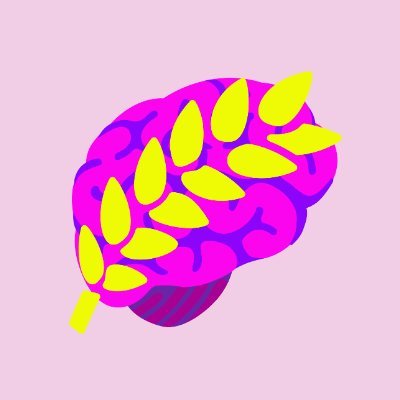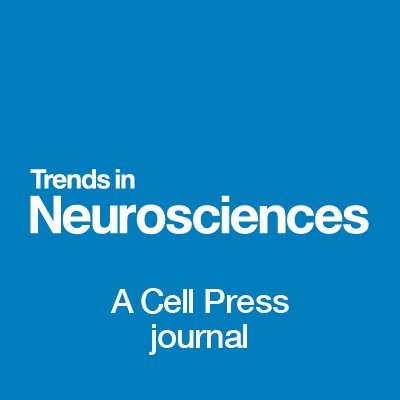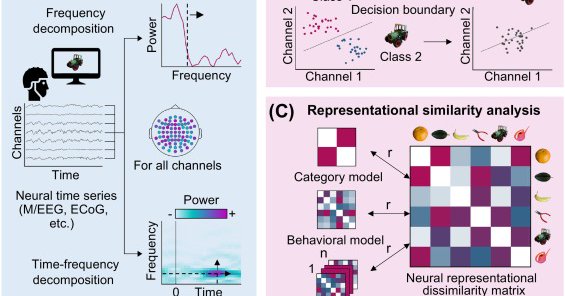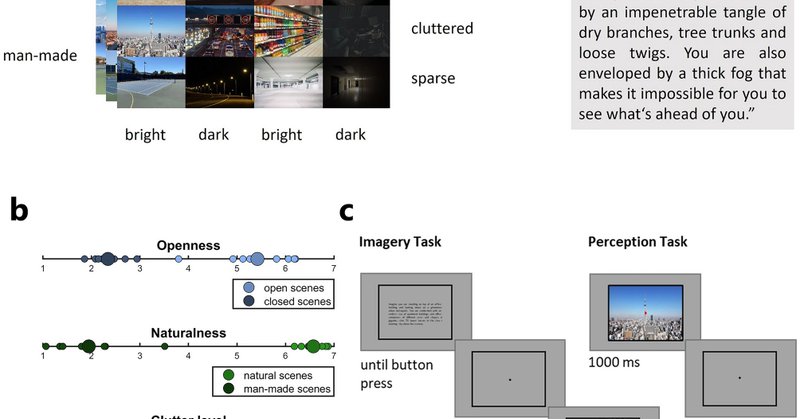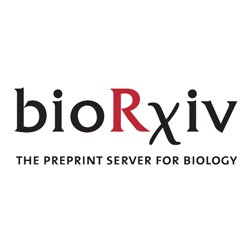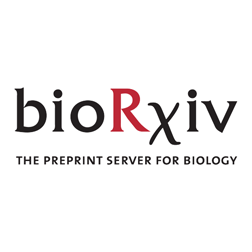
Rico Stecher
@RicoStecher
Followers
45
Following
0
Media
1
Statuses
14
PhD student at @DKaiserLab. I use neuroimaging and machine learning-based approaches to learn more about how our brain imagines things.
Joined June 2021
Hey hey! We‘re on the Cover of @TrendsNeuro - check out our article on rhythmic representations in the visual system below. 👁️🧠🌊
March 2025 issue of TINS: https://t.co/fb7Gh4LV7B Free featured articles & more: https://t.co/i0FcV9dbnH Cover article: ‘Decoding the rhythmic representation and communication of visual contents’, by Rico Stecher, Radoslaw Martin Cichy & Daniel Kaiser https://t.co/zigcdbLHsa
0
5
38
Now out in @TrendsNeuro: We discuss how the contents of visual perception, imagery, and prediction can be decoded from rhythmic brain activity and argue that such rhythmic representations offer new insights into neural information propagation. @RicoStecher
https://t.co/kR8RqCcJsj
1
24
90
Our opinion paper on how rhythms orchestrate the representation and propagation of content information in the visual cortex is now out in @TrendsNeuro.
cell.com
Rhythmic neural activity is considered essential for adaptively modulating responses in the visual system. In this opinion article we posit that visual brain rhythms also serve a key function in the...
0
8
33
Some interesting insights we found across these studies were that information encoded in rhythms differs from that encoded in evoked responses and that alpha rhythms emerged as the key propagator of content-specifc visual feedback. 3/3
0
0
1
We collate recent studies on visual perception, imagery and prediction that highlight that content-specific codes in neural rhythms across different frequency bands enable the propagation of feedforward and feedback flows of content information in visual cortex. 2/n
1
0
1
I had the chance to write an Opinion Article with Radek Cichy & Daniel Kaiser. We argue that recent efforts in applying decoding methods to rhythms in visual cortex reveal a new function as carriers of content information. The preprint is now out: https://t.co/Ee6yrdyCgE 1/n
1
1
14
My preprint about representations of imaginary scenes in the alpha band (and first paper as first author ever) is now published in @SciReports. 😄 We show that our brains use alpha rhythms to reactivate scene-related visual contents during imagery. https://t.co/OfwAPWvPat
nature.com
Scientific Reports - Representations of imaginary scenes and their properties in cortical alpha activity
0
6
26
We show that imaginary scenes and their properties are represented in cortical alpha activity and these representations are in part shared with late scene perception, suggesting that alpha activity mediates the top-down reactivation of visual scene contents during imagery.
0
0
0
Very happy to announce that, starting tomorrow, I will be joining Daniel Kaiser @kaiserdaniel13 as a PhD student at his new lab at the Mathematical Institute of the Justus Liebig University Gießen @jlugiessen! Really looking forward to the projects we will be working on together.
0
0
7
Ever wondered how face-identity is represented in the brain, in space and time? Twitterless fusion wizards Rico Stecher, Ilkka Muukkonen, Viljami Salmela, Sophie-Marie Rostalski, myself & @gkovacs1965 (@UniJena / @helsinkiuni) got you covered! 1/6 https://t.co/XYMCuYU5rC
biorxiv.org
The recognition of facial identity is essential for social interactions. Despite extensive prior fMRI and EEG/MEG research on the neural representations of familiar faces, we know little about the...
1
7
13
We investigated how identity information of familiar faces flows through the brain across time by fusing the data of neural responses in EEG and fMRI using representational similarity analysis. @GGAmbrus tweeted about the exact details and main results, so go check it out! 2/2
0
0
1
I am very happy to announce my first preprint together with Ilkka Muukkonen, Viljami Salmela, Sophie-Marie Rostalski, @GGAmbrus and @gkovacs1965! 1/2
biorxiv.org
The recognition of facial identity is essential for social interactions. Despite extensive prior fMRI and EEG/MEG research on the neural representations of familiar faces, we know little about the...
1
0
0

